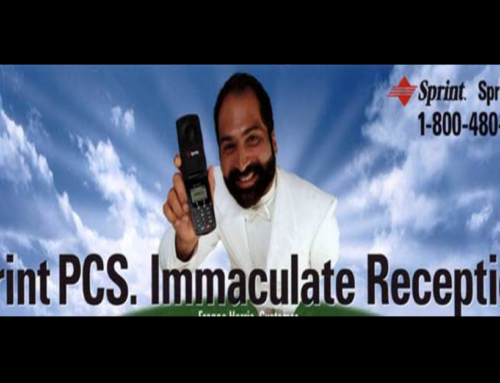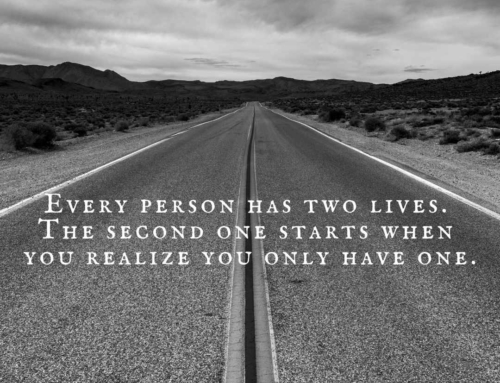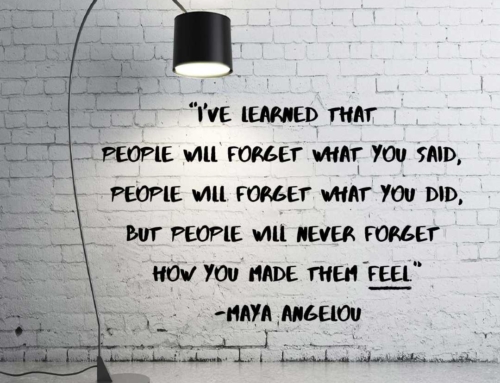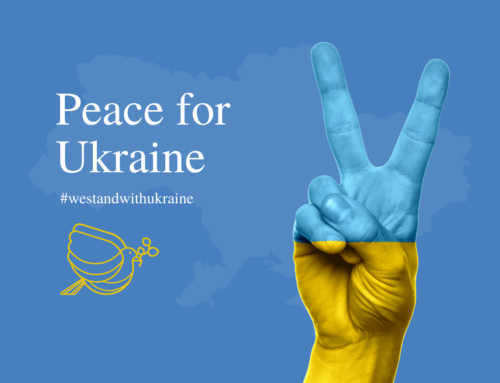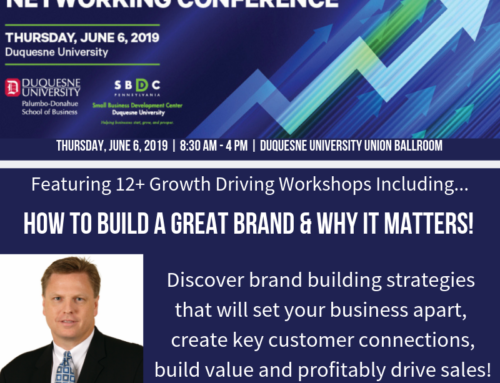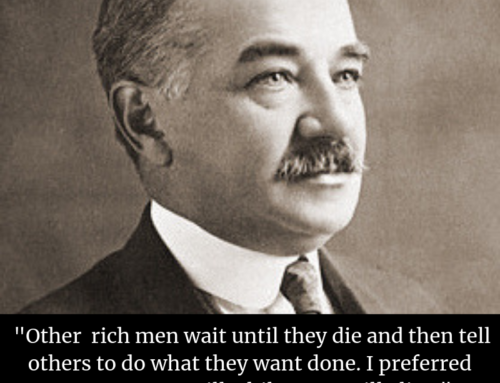 Today is a special day of remembrance for me because I’ve admired Dr. Martin Luther King Jr. ever since I was a young boy.
Today is a special day of remembrance for me because I’ve admired Dr. Martin Luther King Jr. ever since I was a young boy.
King’s life’s work was to create a formidable movement of change and progress on the issue of civil rights in America – which he most certainly accomplished. In fact, his legacy has expanded to encompass not only the advancement of civil rights, but human rights throughout the world.
Dr. King and others in the Civil Rights Movement taught me a lot about living my Christian faith and American patriotism out loud, and both taught me lessons about marketing a meaningful cause.
First and foremost, their brand message was true, right and good – they operated from a solid foundation of truth and righteousness.
From having a spot-on brand message – equal rights – the Civil Rights movement created support (buy-in) of their cause with personal, touching, motivating and powerful storytelling imagery such as:
- Segregation signs at water fountains, rest rooms, restaurants and hotels
- Elderly women in their Sunday best being turned back from voting
- Rosa Parks sitting in front of a white man on a bus and then being fingerprinted
- White firemen turning high pressure water hoses on the old and young alike
- White policemen leading German Shepherd attack dogs through black crowds
- Innocent black children being escorted by soldiers on their way to school
- Unarmed, peaceful marchers getting viciously beaten by armed police
- Disgusting Ku Klux Klan marches, and burning crosses
- Rampant black church burnings and bombings
There are certainly more, but I’m sure you get the picture.
All of these powerful images of factual accounts and experiences combined, provided a motivating case for drastic and immediate change.
Certainly, many images were created, but more often than not these images were created and spread virally because they were true, authentic and emotional which makes for a far more reaching impact.
The positioning message was a simple one of good vs. evil.
Dr. King persuaded, motivated and modeled the movement after Gandhi’s peaceful marches and protests with dignity and discipline. These non violent marches were impactful, but as impressive…if not more so…was the way in which he communicated his brand’s message of civil and racial injustice.
Two things I’ve always remembered in marketing are:
- People don’t join causes…people join people with causes and
- People typically buy first on emotion, then justify with facts
These two marketing maxims certainly apply to the Civil Rights Movement.
Do yourself a HUGE favor and listen carefully to Dr. King’s entire, “I Have a Dream” speech. The “Dream” speech is a masterpiece and it’s amazing how quiet the audience is throughout it too.
Here is a list of 10 Communication Tips from Dr. King that I picked up from his speech (see if you can pick them up and agree with them; and see if you can discover a few more):
- The perfect imagery setting of speaking in front of the Lincoln Memorial
- The use of simple, small, easy to understand common words
- The impact of the repetitive nature of select phrases (e.g., “now is the the time,” “we are not satisfied,” “I have a dream,” “let freedom ring,” “free at last”)
- The effect of name personalization (e.g., my friends, you, me, we etc.)
- The effect of location personalization (e.g., he lists key towns and cities where many of the members of his audience live)
- The clarity of his speech – perfect annunciation and diction
- The passionate nature of his voice – how can you motivate people if you’re not
- The perfect pacing and changes in speech patterns (e.g., high, low, quick, slow)
- The use of short phrases and sentences to drive home memorable key points
- The fact that he used notes sparingly because he spoke from personal experience, believed in his message and thus knew it by heart – teleprompter be damned
Much is made about President O’Bama’s communication skills, but he’s far from being the skilled orator of Dr. King. The president has the Internet, a ton of communication consultants and speechwriters and his infamous TELEPROMPTER (which he uses entirely too much as a crutch). Dr. King had none of the tools that the President has at his disposal, but created such an amazing, impressive long lasting presence.
The President and all of us can learn a great deal about tolerance, patriotism and doing the right thing from Dr. King AND we can all learn a great deal about how to be a Marketing Rock Star too!
Happy Birthday and Rest in Peace Dr. King.

